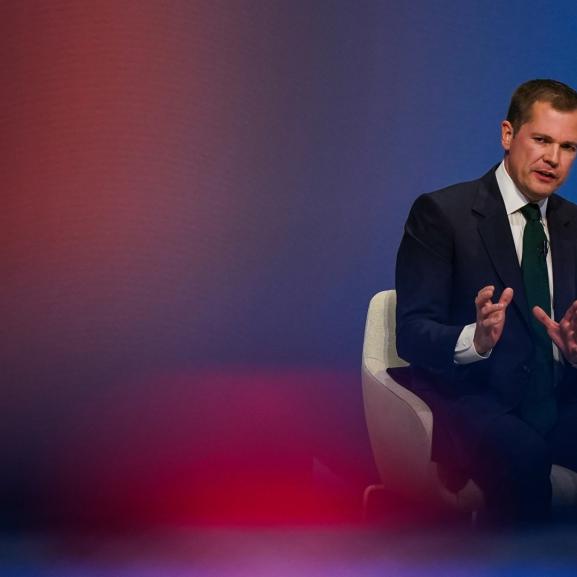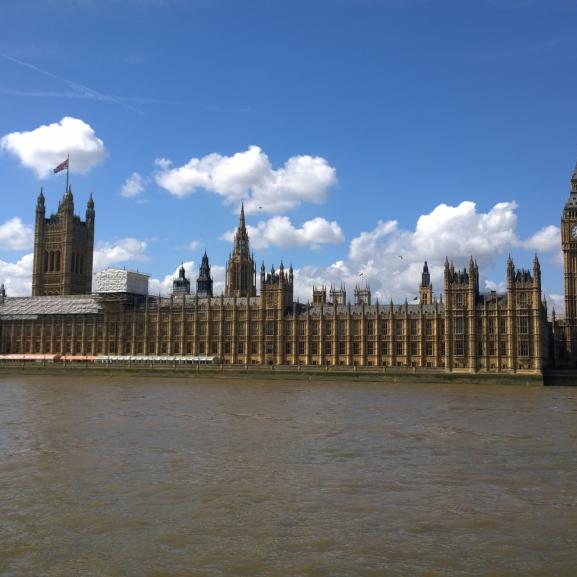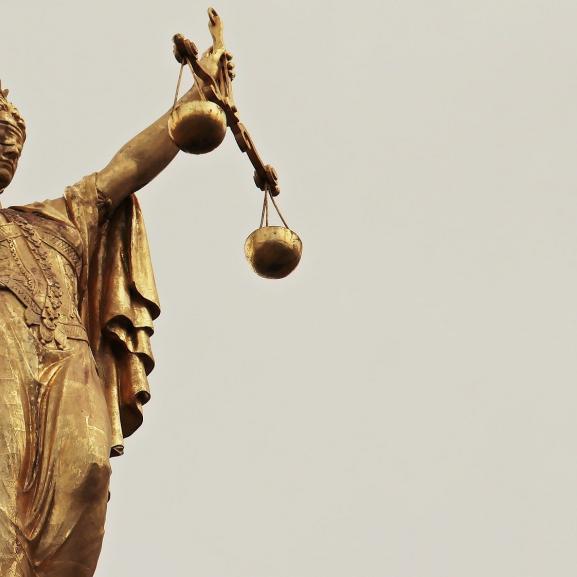Lib Dems unanimously pass torture inquiry policy motion
In early July, Liberal Democrat party members from Mole Valley filed a policy motion for debate at the Autumn Conference calling for a judicial inquiry into the many allegations by individuals and NGOs of UK officials’ complicity in the torture and other ill-treatment, enforced disappearance and rendition of terror suspects overseas.
The motion noted “there has been a lack of transparency as to whether and to what extent the UK has been involved in these abuses and that such a lack of clear information is both detrimental to Britain's reputation and damaging to public confidence in our security services".
As it happens, two days later the PM announced that the Coalition Government had appointed a panel headed by former judge Sir Peter Gibson to carry out such an investigation. A very welcome move, but one requiring lots of additional work from the policy motion drafting team to focus in on what kind of inquiry the Lib Dems want to see.
At conference, the long-held commitment of many Lib Dem party activists to civil liberties and human rights is evident in both plenary and fringe debates. Actions taken by the UK government under the guise of the ‘war on terror’ remain of huge concern.
The torture inquiry motion, introduced by passionate supporting speeches from politicians and party activists, was passed unanimously on Sunday. We weren’t expecting many Lib Dem members to vote against the spirited call for an independent, transparent inquiry to really get to the truth of UK involvement in torture over the last decade, but the unanimous result provided an excellent moment. The challenge for the party now is to hold the government to account on the delivery of a process with a broad enough scope that will really allow public scrutiny and safeguard the meaningful engagement of torture survivors.
Taking a party political stance, Tom Brake MP called "the assault on our civil liberties....one of the most heinous crimes of the previous government." He spoke about his desire to get to the bottom of what was said to the US government when serious allegations of torture and other ill-treatment started to gain traction. Brake announced his intention to hold the PM to his statement in parliament that relevant intelligence material considered by the inquiry will make it into the public domain, as long as it is safe to do so.
Sarah Ludford MEP, a leading figure in European Parliament investigations into CIA rendition and detention, said that she was “not disappointed as a civil libertarian” that the inquiry had been announced and pointed to the role of Liberal Democrat ministers in fighting for the process to be judge-led. In order to show real British leadership in Europe on the issue, however, she warned that this needs to be a “Rolls Royce of an inquiry”. She stated that a genuine threat to the operational safety of our intelligence officers could be the only cause not to share information that the inquiry uncovers.
Craig Murray, the fomer UK ambassador to Uzbekistan, recalled the details of horrific cases of torture that had been brought to his attention whilst he was in post, and said that he had “learnt beyond doubt that the CIA had been passing information from torture sessions to British Ministers”. Murray said he decided to take a stand and was told in private conversations with his seniors that under the UN Convention Against Torture, it was not illegal to take such information “as long as we didn’t do the torture ourselves”. Through the practice of rendition, he pointed to the creation of a “market for torture” in countries like Uzbekistan and said that – unsurprisingly – in his experience almost all of the intelligence obtained from torture was false. Philippe Sands QC, author of the book Torture Team, said “I think the question of responsibility, if there is to be responsibility, goes right to the very top ... right to the door of No 10 Downing Street."






